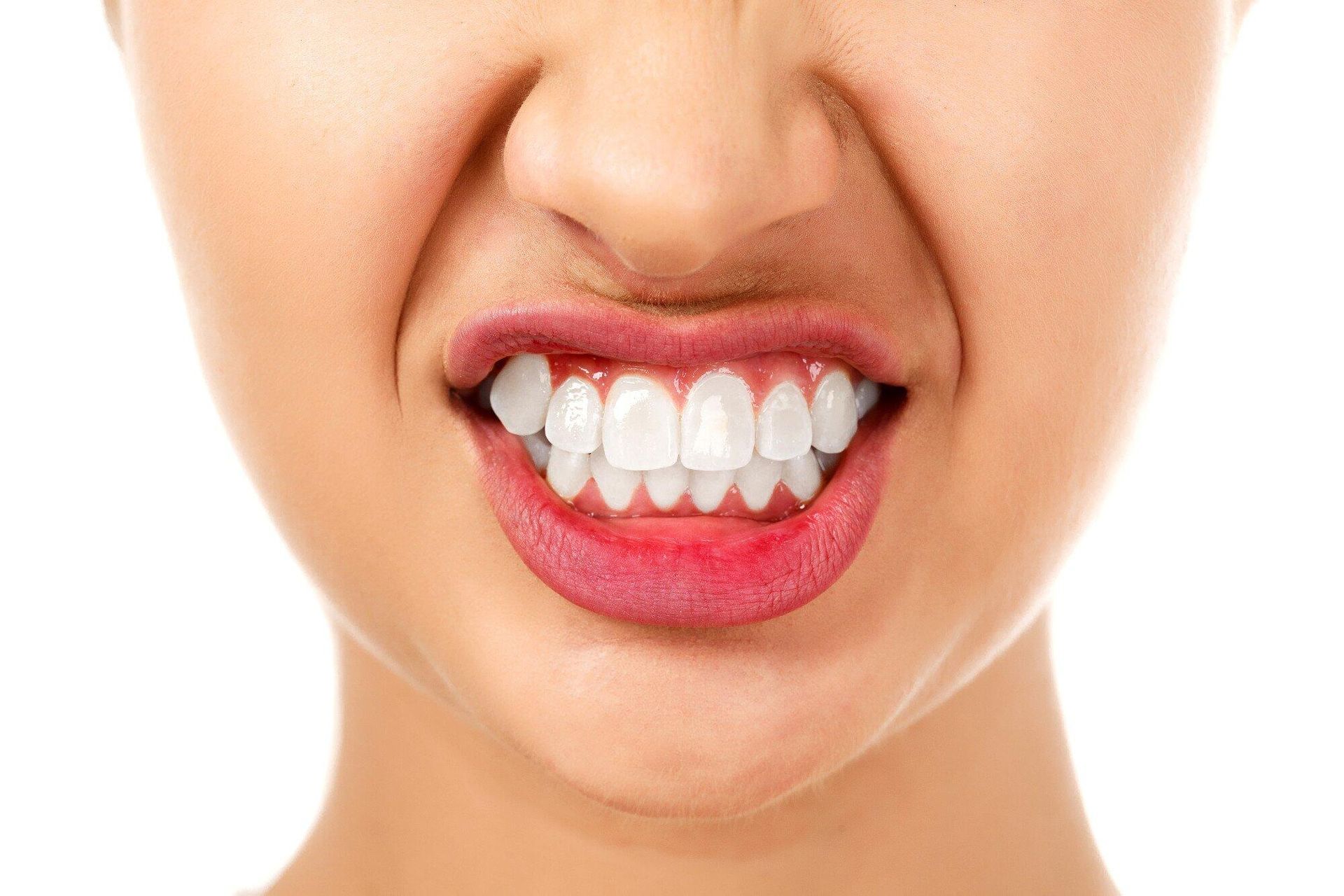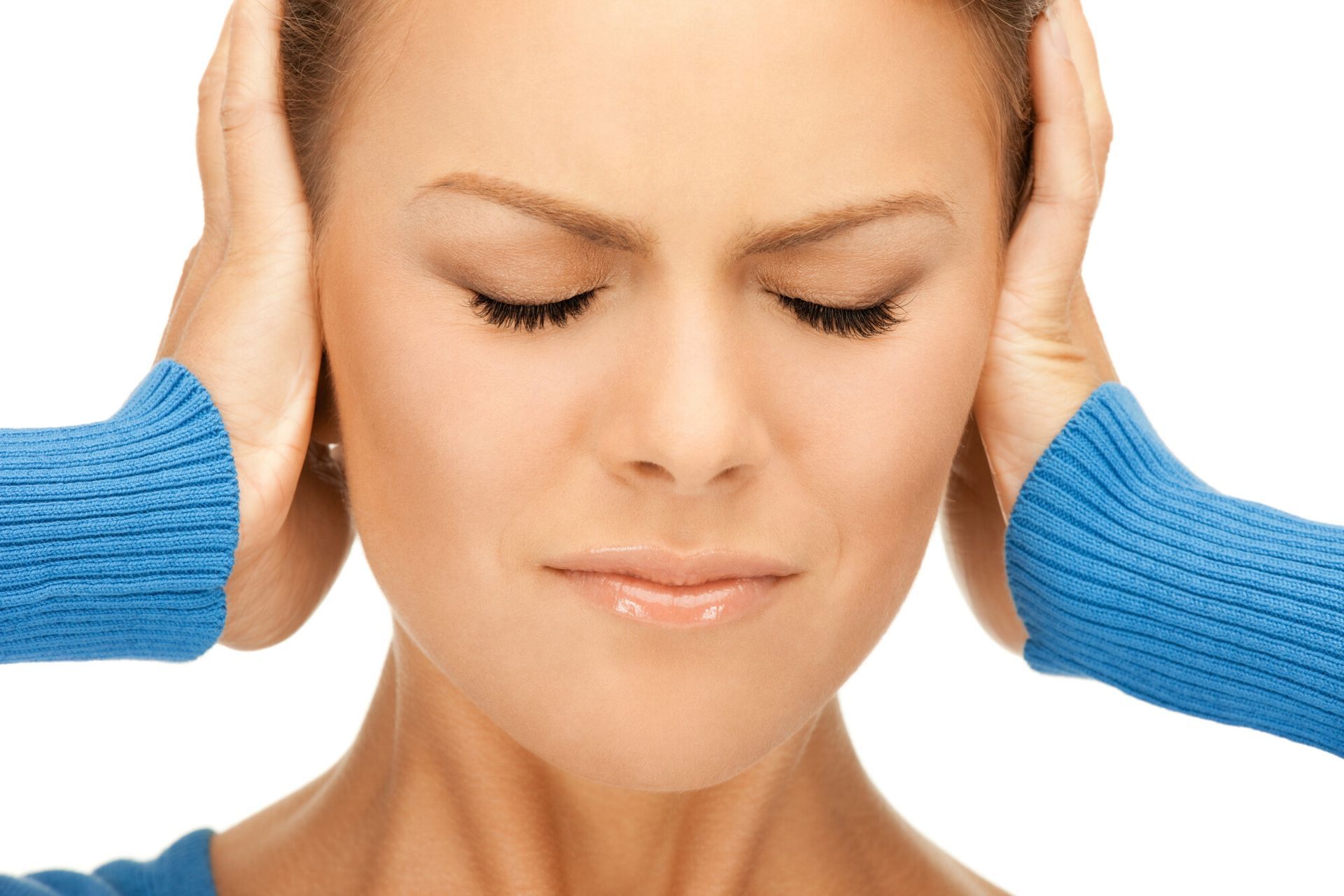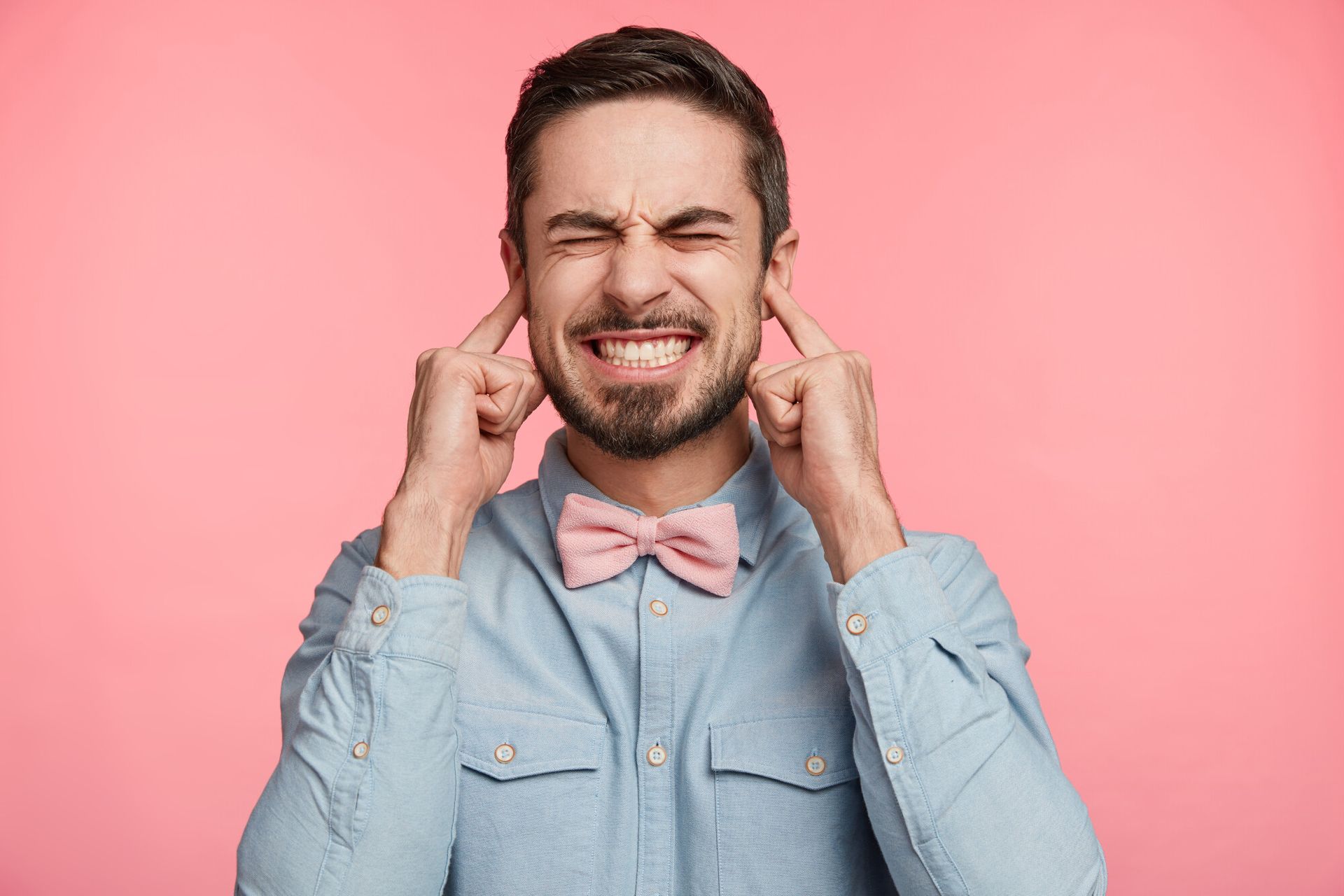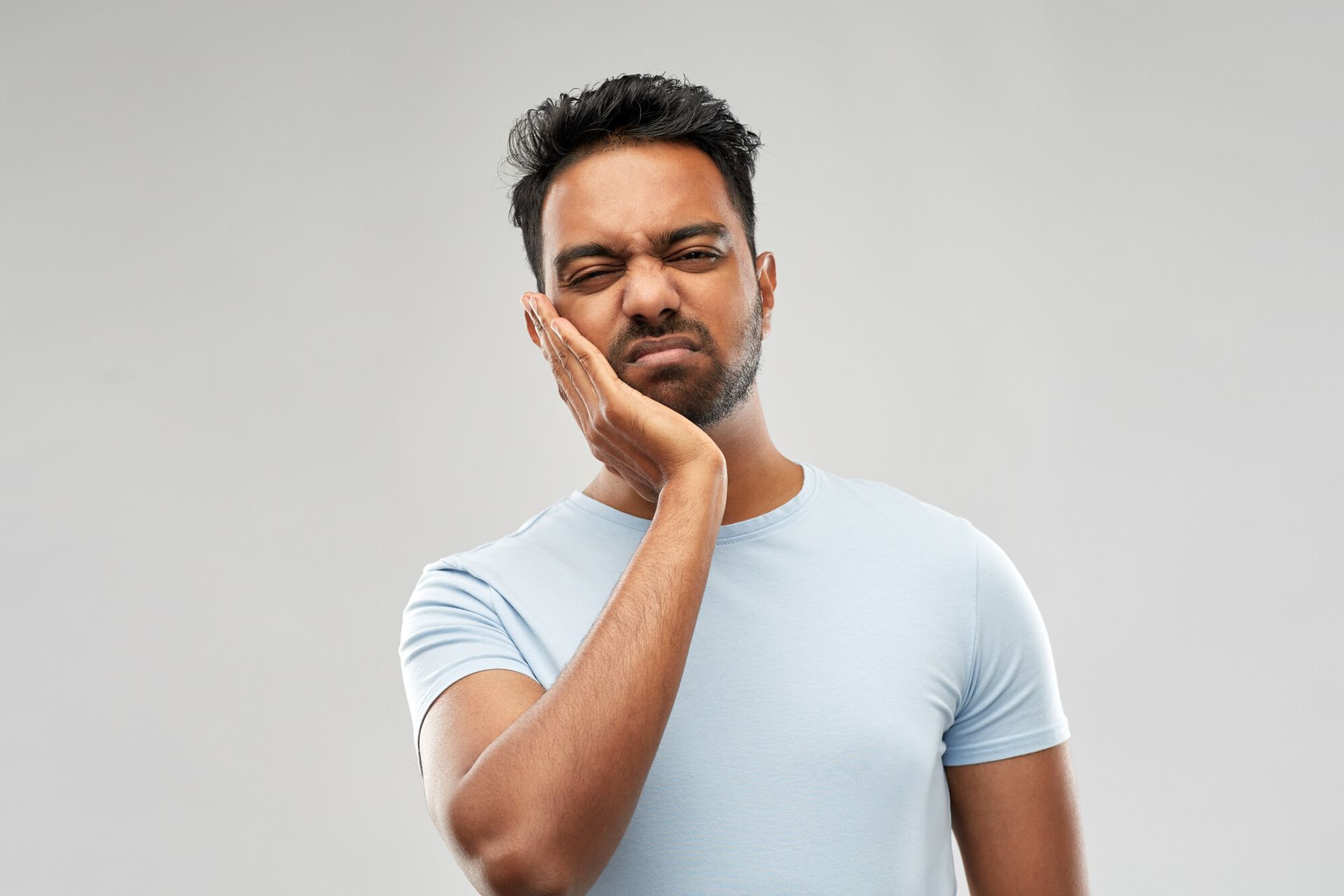Bruxism vs TMJ: What's the Difference?
There are several things you need to understand when comparing bruxism vs TMJ. Learn more about these disorders right here.

Are you suffering from pain in your jaw? If so, you may be affected by a temporomandibular disorder. Between 5% and 12% of the population have painful symptoms.
There tends to be a lot of confusion around bruxism vs TMJ. Both conditions involve the jaw, but they have different potential complications, causes, and symptoms.
To get the right treatment, you'll need to know the difference. This guide has all the information you need regarding teeth problems and jaw pain.
What Is Bruxism?
Many people are familiar with TMJ, but not with bruxism. Bruxism refers to the habit of grinding your teeth. This is often unconscious and can occur at night or during the day.
Emotional stress can trigger bruxism, as many individuals will grind their teeth or clench their jaw in response to anxiety. If you work in a high-stress environment, you may be prone to bruxism.
This can also happen in your sleep if you have a sleep disorder such as sleep apnea. If your teeth aren't aligned, this could cause problems as well. Your teeth will be more likely to rub together and cause pain.
There are also lifestyle factors and certain medications that can cause bruxism as well.
If you've never had issues before but find yourself in a stressed personal situation such as relationship problems or financial concerns, you may notice symptoms.
You may be surprised to learn that tobacco use can increase your risk of bruxism. If you're consuming a lot of caffeine at night, you may start to grind your teeth more in your sleep.
The symptoms include grinding or clenching your teeth during sleep. Worn-down teeth, jaw pain, and headaches are also common symptoms.
Your genetics can also play a role. If someone in your family has one of these conditions, you may be at a higher risk. If this is the case, you'll need to be proactive about preventing symptoms.
TMJ Disorders
The TMJ functions as a hinge. It allows the jaw to move up and down and side to side.
A TMJ disorder affects the Temporomandibular joint and the muscles that control the jaw's movement. These disorders can cause pain and dysfunction in the jaw joint and the surrounding muscles.
TMJ can be caused by bruxism. However, it can also be caused by misalignment of the jaw and teeth, arthritis, stress, and injury.
Trauma to the jaw or inflammation of the joints can be extremely painful.
TMJ disorders are typically diagnosed based on symptoms. A physician will also examine your jaw and look at X-rays and possibly MRI scans.
Distinguishing Factors
When you're comparing bruxism vs TMJ disorders, you'll need to look at the distinguishing factors.
TMJ disorders are focused on issues with the joint, while bruxism is the grinding or clenching of the teeth.
Bruxism may lead to the development of TMJ. However, it may, and if you have TMJ, you may not have bruxism.
As we mentioned earlier, there are several causes of TMJ. You can have TMJ disorders without grinding your teeth. You can also grind your teeth or clench your jaw without having TMJ.
Both of these conditions typically require an exam by a dentist or oral surgeon.
Different Treatment Plans
There are several treatment methods if you're constantly grinding your teeth. You may need to get a custom-fitted mouthguard or splint. This will take some of the pressure off your jaw joint and protect your teeth.
You should also consider finding better ways to manage your stress. Practicing mindfulness, relaxation techniques, and counseling can all be beneficial.
If your bruxism is caused by dental issues such as misaligned teeth, you may need to address them by going to the dentist.
Without management or treatment, you could have serious dental problems in the future. This may include tooth wear and fractures or damage to your dental crowns or fillings if you have any.
If you don't address bruxism symptoms, you'll likely develop a TMJ disorder.
Over-the-counter or prescription pain relievers can help temporarily. However, this isn't a long-term solution.
If you're having muscle spasms in your jaw, a muscle relaxant can help. Some dentists may recommend physical therapy.
Exercises that you learn from a professional will help you strengthen and lengthen your jaw muscles. Otherwise, a mouthguard or oral split could be helpful.
In severe cases, injections may be recommended as well. In the most severe cases where other treatments are not effective, surgery may be the only option. This is a last resort.
If you're at risk of TMJ or bruxism, pay attention to your posture. Constantly sitting or having incorrect posture could contribute to tension in your jaw.
Prevention Methods
Preventing teeth problems and TMJ symptoms from arising requires a few steps.
You should always try to manage your stress properly. This can be challenging, but it will decrease your risk of joint pain and teeth grinding.
You should also maintain good oral hygiene. Schedule regular cleanings and follow the instructions of a professional.
Going for your dental check-up every year will help detect early signs of these conditions. It can help prevent complications and reduce the risk of the pain getting worse.
Going to the Dentist
Going to the dentist can be very overwhelming and scary, especially if you're not sure what is causing your pain. However, putting it off will only make the situation worse.
The best thing you can do is research a local dentist in your area. Find a professional team that has experience with TMJ disorders.
Before making a final decision, research their credentials in their experience with various teeth problems and TMJ symptoms.
You can also schedule a consultation appointment. It'll also allow you to ask as many questions as you need and get comfortable with the dentist.
Decoding the Dental Dilemma: Bruxism vs TMJ
Jaw pain, teeth grinding, and jaw clenching are less-than-ideal conditions to deal with. However, you aren't without options.
Dr. Lynch recently became part of the top 1% of dentists in America by becoming a Fellow of the Academy of General Dentistry. He works with the rest of the team here at Dental Care Burke to provide the best care possible.
Don't wait to live pain-free, give us a call today with your questions about bruxism vs TMJ!
DENTAL CARE BURKE
Bernard W. Lynch, DMD, FAGD , LVIF
BUSINESS HOURS
- Mon - Fri
- -
- Sat - Sun
- Closed
703-705-7401
All Rights Reserved | Dental Care Burke
Website designed and maintained by Xpress, INC









